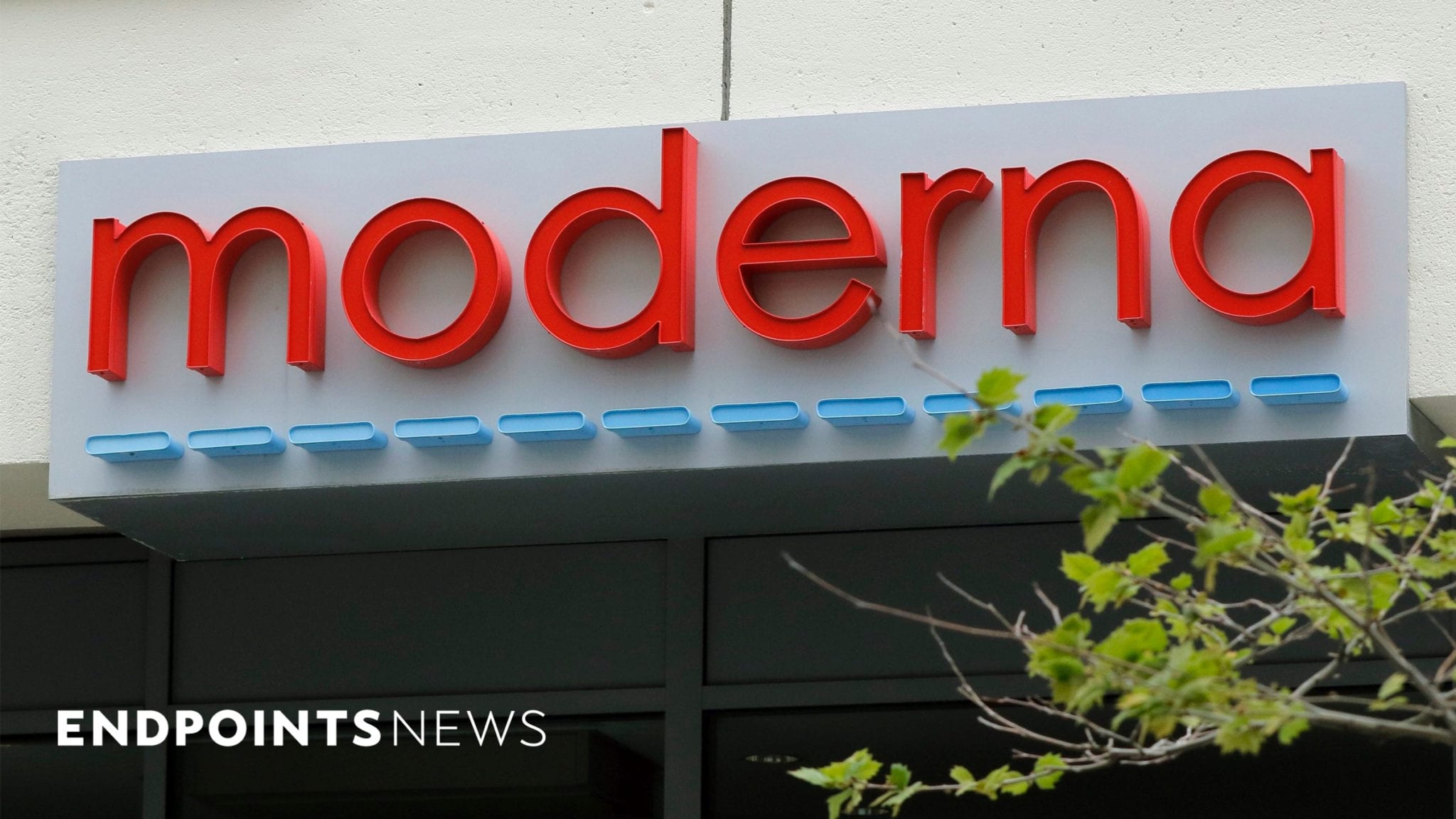Tackling Root Causes: Screening and Addressing Non-Medical Drivers of Health



Remember that personalized cancer vaccine Moderna was developing?
As the world awaits data from its late-stage Covid-19 candidate, the mRNA player is interrupting its most intensively watched program with an upbeat early snapshot of data from its messenger RNA cancer vaccine mRNA-4157. And the Moderna team is using the occasion to introduce a new chief for their oncology unit, raided from Bristol Myers Squibb’s cancer group.
When combined with Merck’s Keytruda in the Phase I KEYNOTE-603 trial, researchers report, the vaccine appears somewhat effective in shrinking tumors. Among 10 patients with HPV-negative head and neck squamous cell carcinoma, the overall response rate is 50%: 2 complete responses and 3 partial responses. And it is translating to considerable benefit over the PD-1 inhibitor alone:
Median progression free survival (mPFS) is 9.8 months, which compares favorably to the published ORR and mPFS of 14.6% and 2.0 months respectively, for Keytruda monotherapy. Including four patients with stable disease, the Disease Control Rate (DCR) is 90% (9/10). Median duration of response has not been reached.
“The data are preliminary and the sample size is small, but it is promising,” University of Arizona professor Julie Bauman, who’s presenting the interim data at The Society for Immunotherapy of Cancer’s Annual Meeting, said in a statement. “A phase I trial is about safety first and foremost, and we now know this treatment is safe and tolerable. But, we also have a strong signal to point us to further study this in head and neck cancer.”
Jefferies analyst Michael Yee observed that the results compare favorably even with the Keytruda/chemo combo, the standard of care in first-line treatment, which yields an ORR of 36% and mPFS of 4.9 months.
“While 4/5 responders achieved PR after 2 doses of Keytruda prior to mRNA-4157, all 4 responses deepened after mRNA-4157 administration w/ 2 PRs converting to CRs,” he wrote “Add’l, one pt progressed on Keytruda, but started to respond after mRNA-4157.”
In the microsatellite stable colorectal carcinoma group, though, no responses were observed out of 17 patients.
With a clean tolerability so far, Moderna now plans to expand the HNSCC cohort to 40 patients. For each one, the company tailor makes a vaccine with messenger RNA that encodes up to 20 neoepitopes that its algorithms predict would stir up the strongest immune response.
It will be doing so under the leadership of Praveen Aanur, who’s jumping from Bristol Myers Squibb to become Moderna’s therapeutic area head for oncology development. Aanur spent the last 7 years working on Bristol Myers’ immuno-oncology pipeline. He received an MBBS from Bangalore University, an MPH from the University of Alabama and an MBA from Columbia University School of Business.
Cancer vaccines are gaining traction among hefty biopharma players again as new biotechs spring up following a series of clinical disasters among the gen-1 players. Regeneron is allied with BioNTech — now a household name thanks to its Pfizer-partnered Covid-19 effort — on a Phase II testing a 4-antigen candidate, while Roche recently shelled out $200 million for a neoantigen program.
Comments
Post a Comment